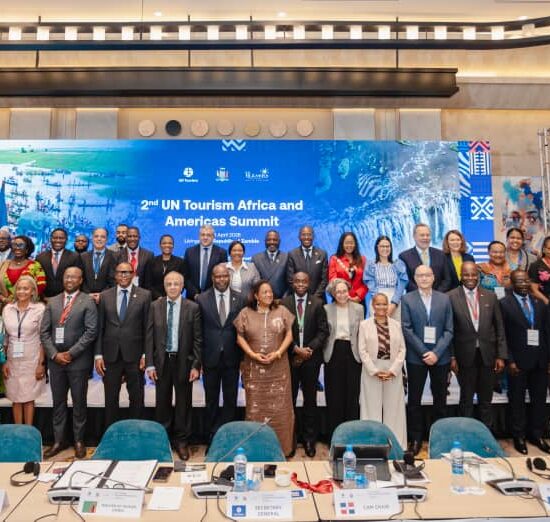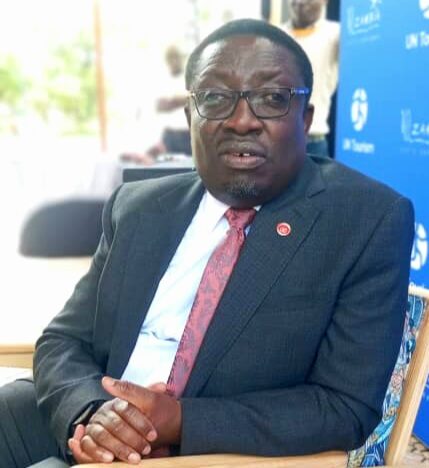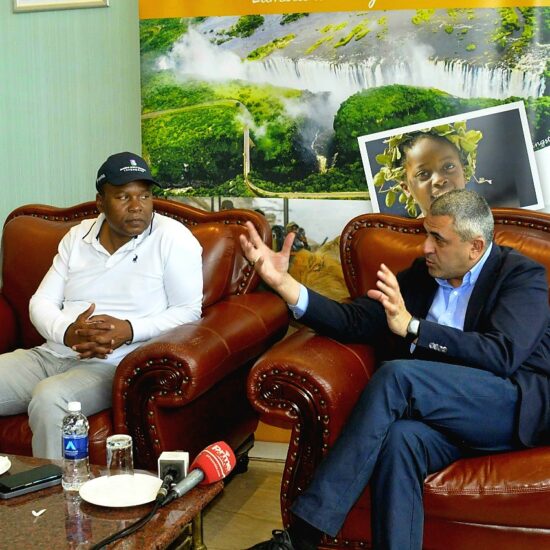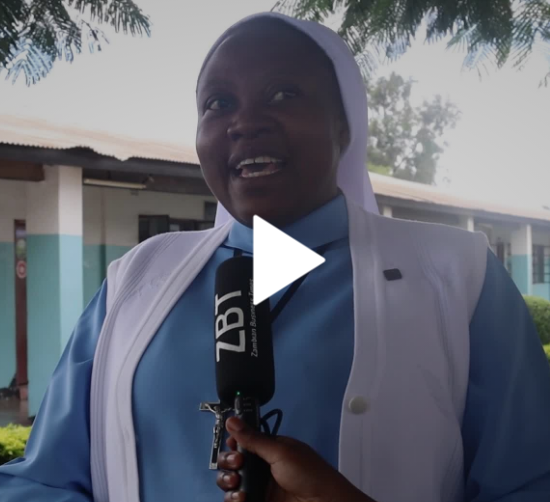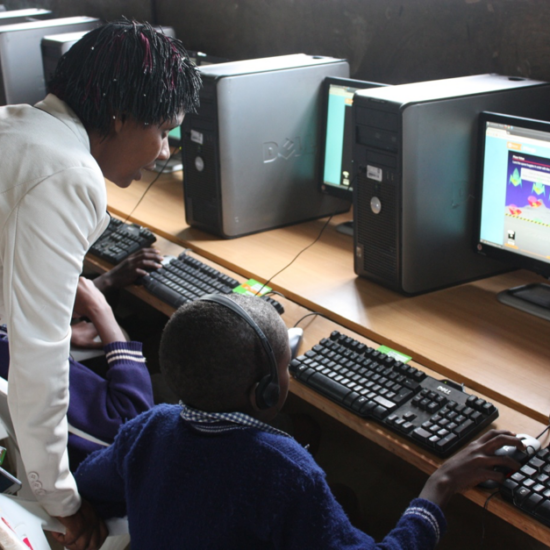
ZESCO Director of Transmission Webster Musonda told the gathering at the public hearing held on 5th November 2019 in Lusaka attended by the Zambian Business Times – ZBT that the proposed tariff adjustment is expected to generate revenue of upto K16.056 billion in the first full year of its implementation.
Musonda who is the acting CEO stated that the proposed upward tariff adjustment is intended to meet future obligations and that it was supposed to be applied at the beginning of the year to cover 2019 costs.
He added that having no tariff adjustment will result in under-investment in the electricity sector, insufficient capacity to support accelerated growth in the economy, Unreliable quality of supply of electricity, perpetual load-shedding, unsustainable electricity supply industry and Higher energy cost among other consequences.
Stakeholders made submissions to the application to adjust the tariff upwards but the general observation was that the majority of the submissions were in opposition to ZESCO’s application to adjust Tariffs. Among the notable organizations which made submissions included Zambia Sugar, Zambia National Farmers Union- ZNFU, Lafarge, ZIPAR and CUTS among. The event was also simultaneously taking place in two other major Zambian cities of Livingstone and Kitwe.
On 26 February 2019, ZESCO Limited applied to the Energy Regulation Board- ERB to vary electricity tariffs across all customer categories, except Mining and other customers whose supply is governed by Power Purchase Agreements (PPAs). In its application, ZESCO proposed to increase electricity tariffs by a total weighted average of 113% in 2019 for Residential, Large Power, Small Power, Commercial and Services Customers.
The ERB invited members of the public to make written submissions in line with the Electricity Act, Cap 433 of the Laws of Zambia. During the review of ZESCO’s Tariff application, ERB Board Chairman Raymond Mpundu said the review comes at a time when the country is experiencing what is perhaps the worst power deficit ever, which is affecting the sub-region as a whole. He added that Climate Change has impacted the sub-region’s power generation capacity, severely because most of the power generation facilities are Hydro-based.
‘‘In line with our tariff determination process, we are taking into account the public submissions on the applications which we have received in writing from consumers and members of the public. This is a particularly fundamental aspect of the tariff review process, as our decision would affect all ZESCO customers whose views must be head before an appropriate tariff is determined,’’ said Mpundu.
The ERB chairman further emphasized that at the public hearing that the board is mindful of the concerns raised by the public regarding the performance of the Utility, especially in light of the upward revised relatively higher tariffs following the 2015 and 2017 Tariff Adjustments which had indicated that the tarrifs would then be cost reflective.
Mpundu therefore, reiterated the board’s commitment to implementing the key performance indicators in tariff determination with a view to equating utility performance to the award of tariff increases. President Edgar Lungu’s press aid has also announced a raft of energy policy amendment approvals by his government which are then expected to be implemented to support power generator diversification to thermal, solar, wind and nuclear.



